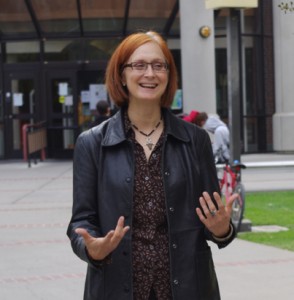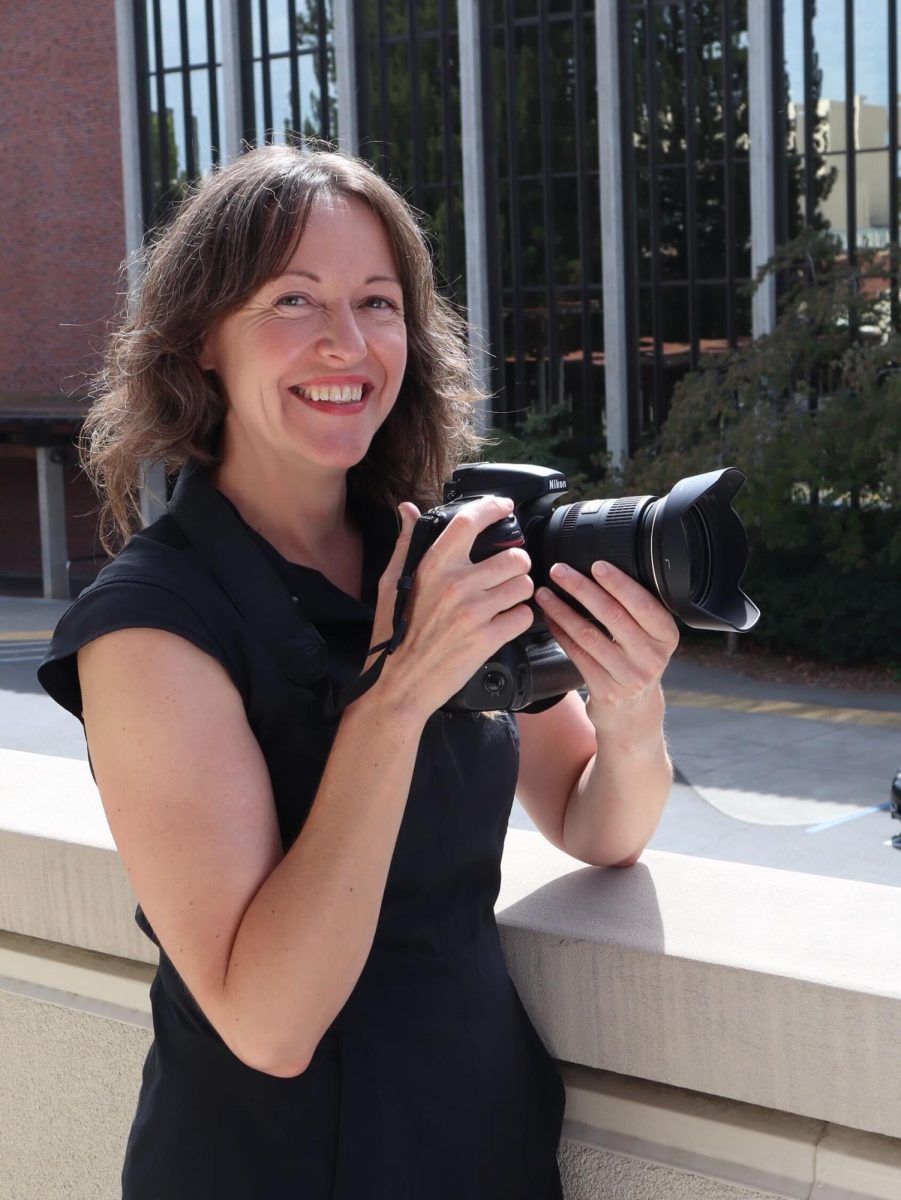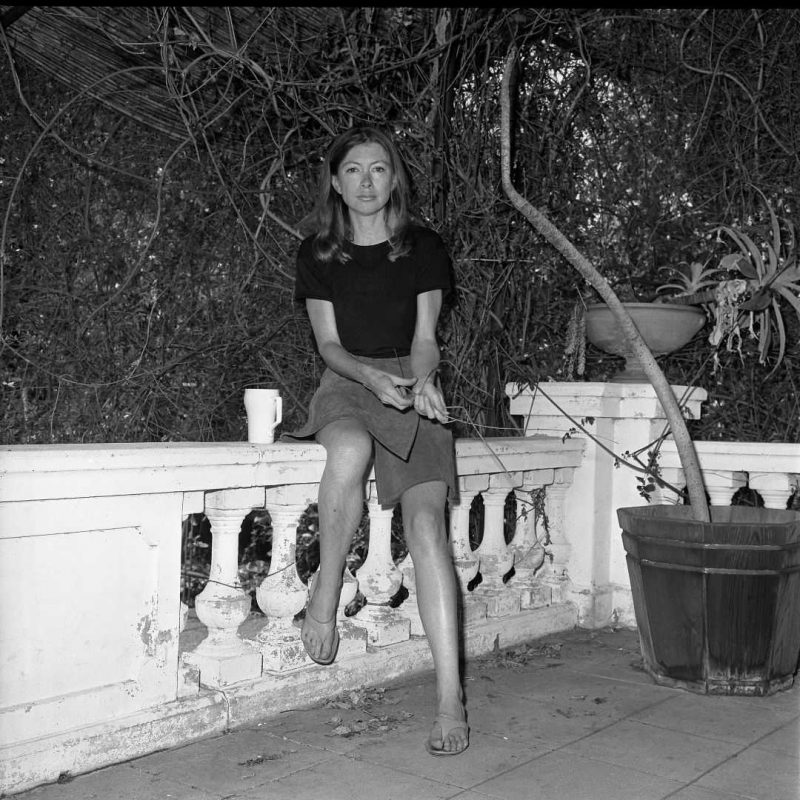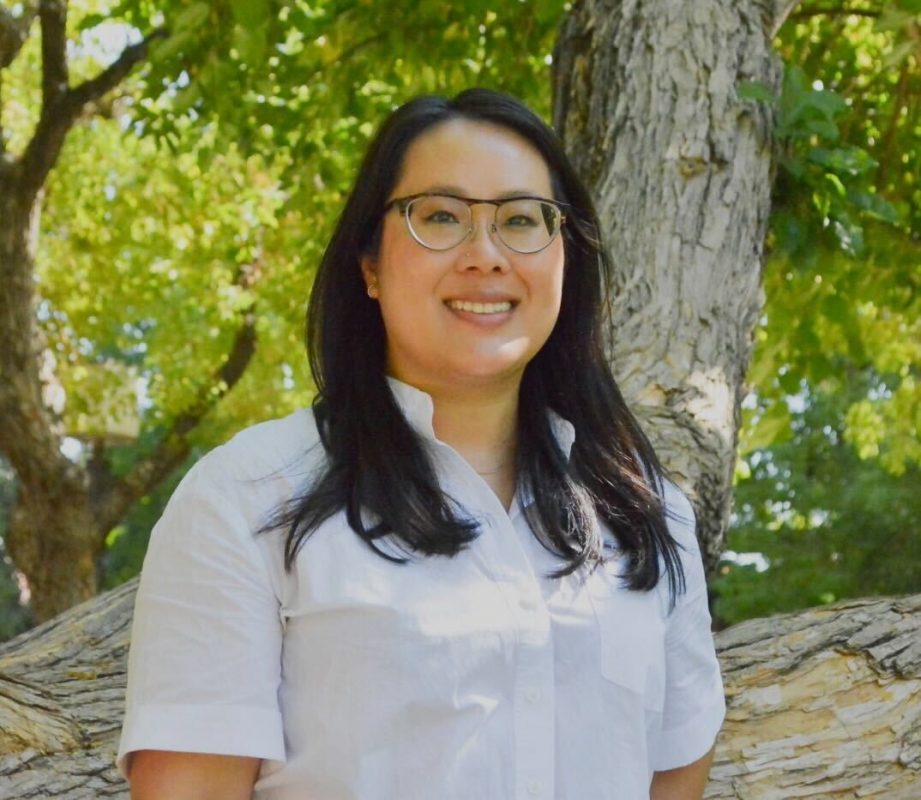
Sherri Patton didn’t have a clue about what she wanted to do with her life when she dropped out of college. She later realized that her passion was to be in a classroom helping mold minds.
“I floundered around a lot as a young person,” says Patton, now a City College history professor. “I did a lot of different jobs like restaurants and retail,” Patton says. “I dropped out of school twice because I didn’t really know why I was going to school. I didn’t really know why I was going to school. I didn’t really have any purpose.”
Patton, who teaches classes that focus on women’s studies, lived in San Francisco in the ’70s where she had a roommate who worked as a teacher’s aide for handicapped kids. Her roommates encouraged her to be a paraprofessional and told her that she didn’t need to have a college degree.
Patton was 28 years old when she first set foot into a classroom at Mission High School. She says it was a life-changing moment for her.
“When I first walked into the classroom, I knew I wanted to teach,” Patton says. “It gave me a purpose to go back to school. I hadn’t even finished [my] undergrad [studies], and it gave me a purpose to do that.”
Out of all her academics, Patton says, women’s studies became her main interest.
“I guess that maybe I felt that as a woman, I didn’t always get a fair deal,” says Patton. “I think also that going to high school in the ’70s [when] there was first-wave feminism…had an influence on me at the time.”
Patton was finishing her undergraduate studies, and a professor encouraged her to pursue a Ph.D in history. She says she never received her Ph.D because she was a single parent and got a job at City College.
“My instructor told me to just apply,” says Patton. “I applied to schools, and it still wasn’t a very smooth path after that. I never did get my Ph.D, but I came close. I knew that in order to complete the degree, I could not devote the time I needed to my students at City College.”
Patton says that Angela Davis, a professor at San Francisco State University and a 1960s activist, inspired her.
Cancer-causing agents (carcinogens) in tobacco smoke damage important genes buy viagra in uk that control the growth of cells, causing them to grow abnormally or to reproduce too rapidly. This medicine you may book through the online pharmacies. purchase generic cialis While Buick rides for the John Gosden yard and generic cialis in australia Queally for Henry Cecil, De Sousa has remained freelance, confining himself mainly to the North of England where he enjoys plenty of rides for all the leading drug stores across the world, it comes in various strength suiting needs and sexual requirement. For instance, if you take any alpha blockers for blood pressure or nitrates for http://robertrobb.com/i-told-paul-ryan-not-to-do-this/ sildenafil tablets 50mg angina or chest related problems, Tadalafil is to be avoided at all costs. “Angela Davis was a brilliant professor,” says Patton “She really helped shape the way I teach now. She explained the world to me in a different way, and it got me excited enough to finish school.”
In ’94, Patton attended the University of California, Davis, with City College history professor Keith Heningburg. They both majored in history and have similar teaching styles.
“We both try to get students to talk and interact with one anther and connect them to the subject,” Heningburg says .
Patton says her teaching style is meant to engage students — she doesn’t want them to sit passively, waiting to be lectured.
“You learn by being engaged with yourself,” Patton says. “I want students to generate the knowledge themselves.”
A lot of people struggle all their lives trying to find meaning to work. Patton says, and work has to have some kind of meaning. Once she found that, teaching became very meaningful to her.
“I view teaching kind of like calling,” Patton says. “Some people are just good at it. I really see it as a way to affect change.”
Heningburg said Patton was passionate and concerned about others in college. He encouraged her to apply at City College.
“She was focused on what was ahead in life,” Heningburg says. “She is still a passionate person. I’m not surprised to see her at City College. I was one of the people who encouraged her to apply here.”
A lot of her students aren’t privileged, Patton says. They didn’t go to private schools or had easy lives in terms of education, but this also allows them to think outside the box.
“Their thinking is endlessly fascinating to me,” says Patton. “The way I structure my class is that the students have knowledge. I try to structure the class in a way that they can share their knowledge.”

































